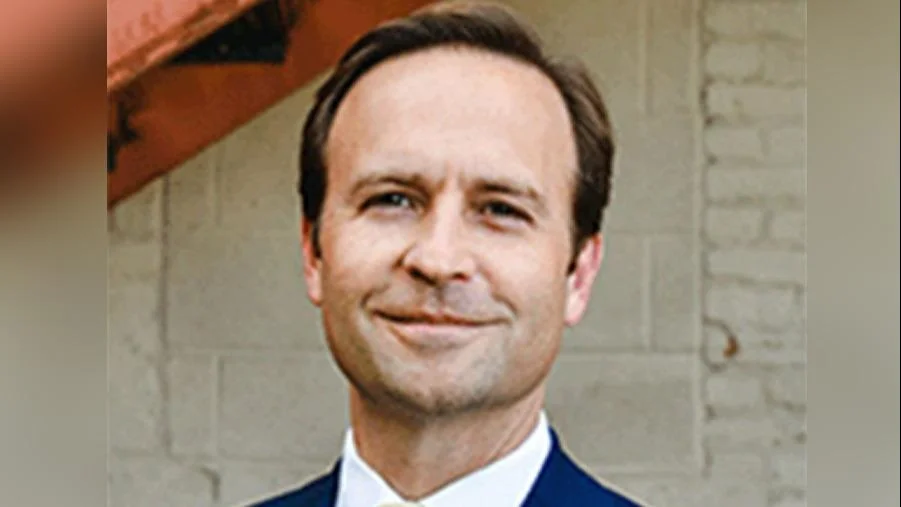Brian Calley President and Chief Executive Officer at Small Business Association of Michigan | Official website
Brian Calley President and Chief Executive Officer at Small Business Association of Michigan | Official website
Employers face complex considerations when deciding whether to hire individuals with felony convictions. Legally, there is no obligation to employ someone with a felony, but both legal and ethical factors should be considered.
Employers can deny employment based on a felony if it is pertinent to the job role, such as financial crimes for banking positions or violent offenses for security roles. However, rejecting all applicants with felonies could violate Equal Employment Opportunity Commission (EEOC) guidelines if it disproportionately affects protected groups.
The EEOC advises employers to assess each case individually by considering the nature of the offense, the time elapsed since conviction, and its relevance to the job. Blanket policies against hiring individuals with felonies may be deemed discriminatory under federal law. Employers must also adhere to the Fair Credit Reporting Act (FCRA) when conducting third-party background checks, ensuring they notify applicants and allow them to respond if adverse actions are taken due to their background reports.
Many states and cities have enacted "Ban the Box" laws, preventing employers from inquiring about criminal history on job applications and delaying such questions until later in the hiring process. Certain industries like education, law enforcement, healthcare, and finance may have specific restrictions on hiring individuals with certain convictions.
Ultimately, best practices involve considering rehabilitation efforts, references, and offense relevance rather than implementing blanket rules.
"Article courtesy of Ahola."
Click here for more News & Resources.





 Alerts Sign-up
Alerts Sign-up